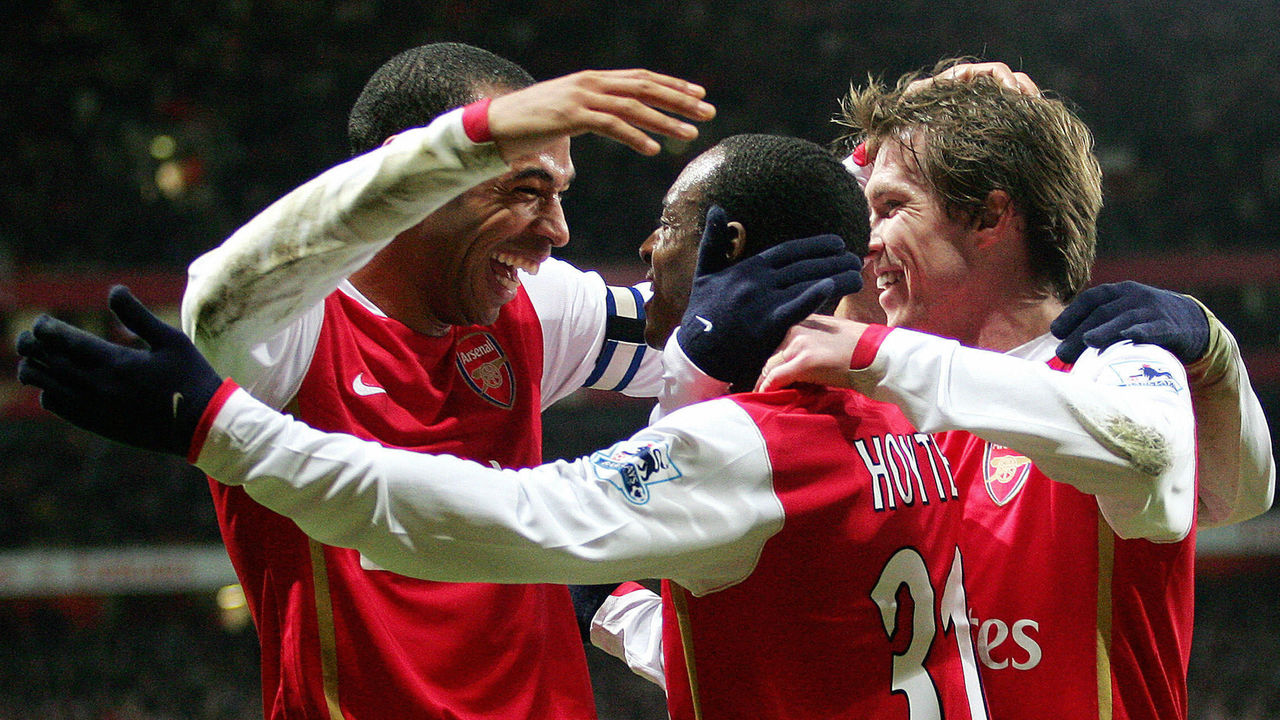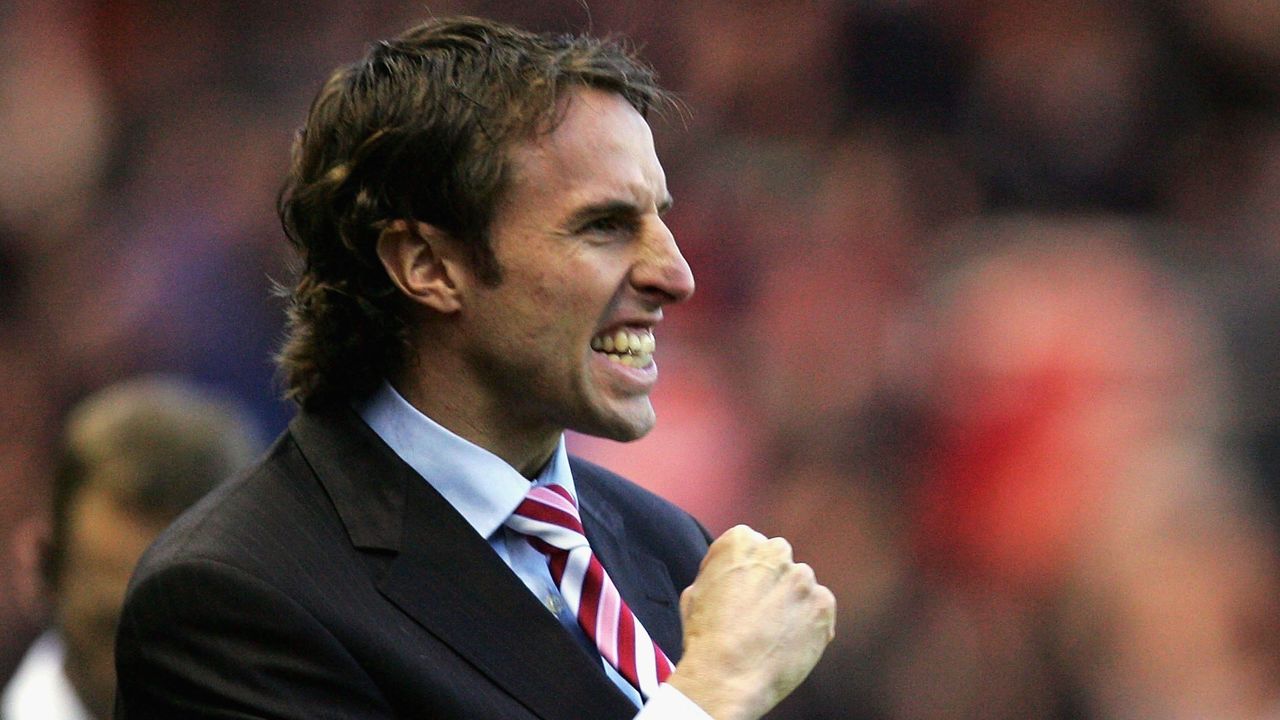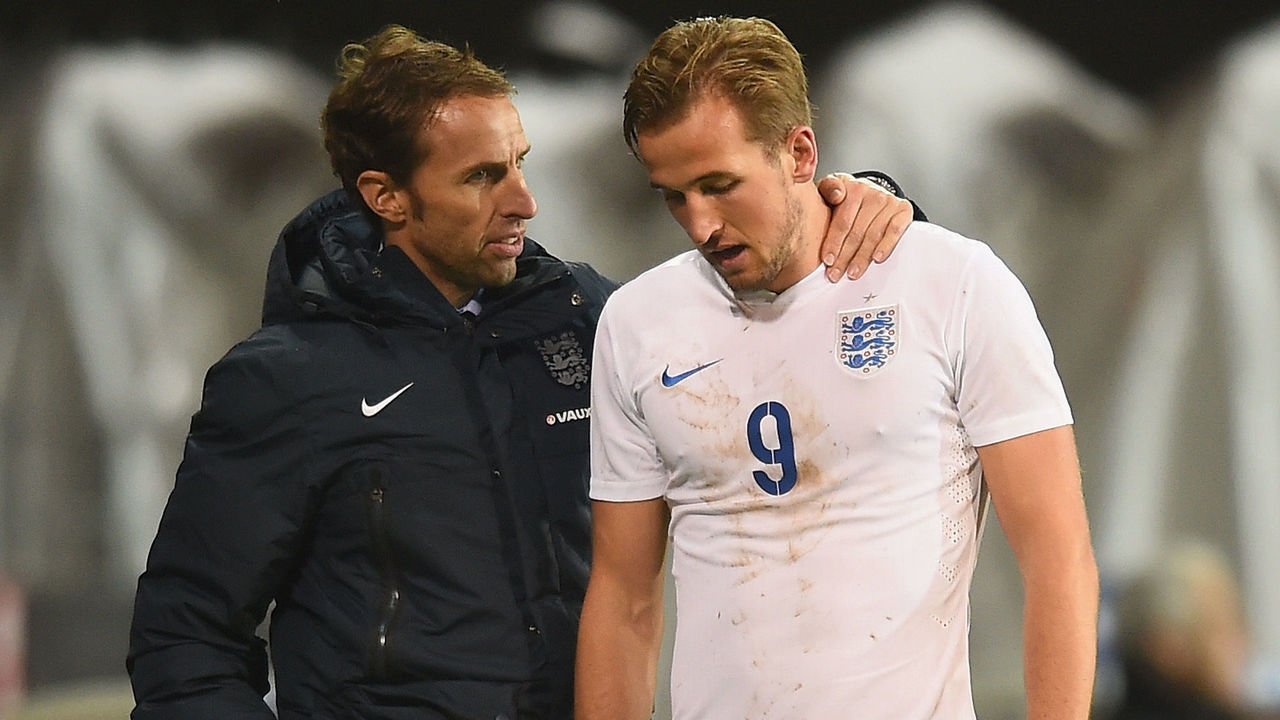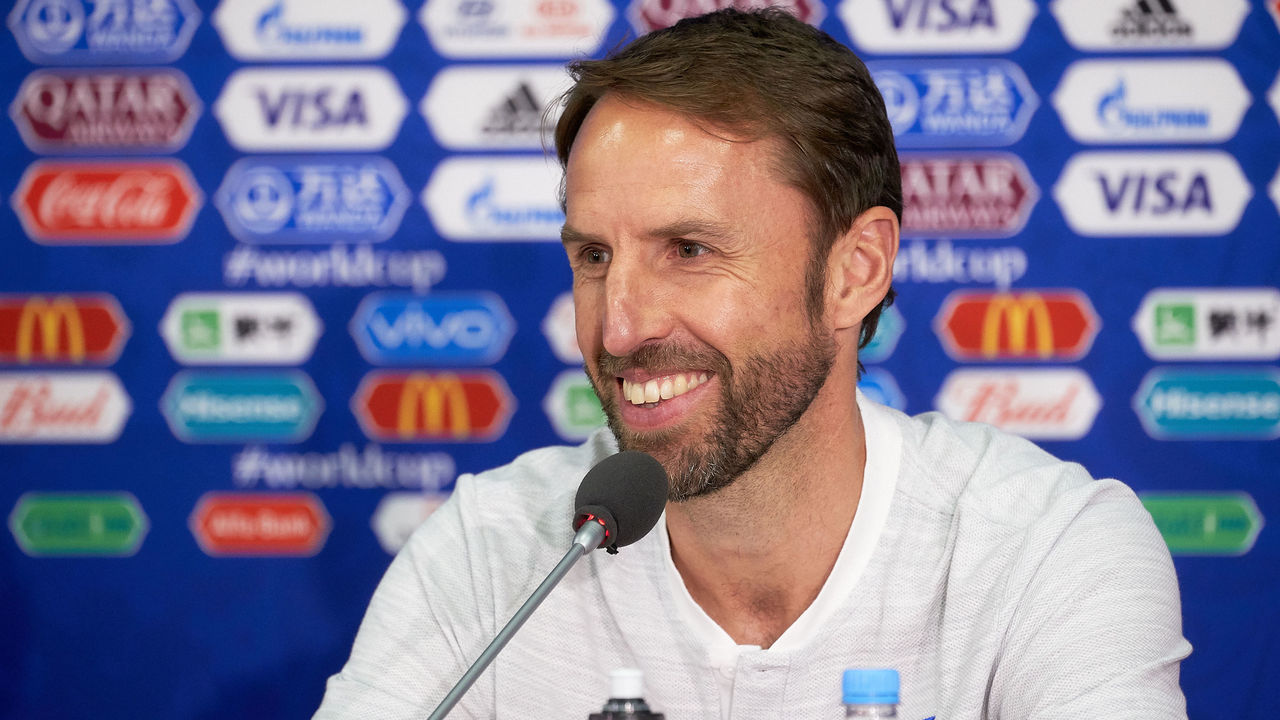Hoyte: Hands-on Southgate 'quite similar to Wenger'
TORONTO - Gareth Southgate has revolutionised the national team. The open-door policy for the media is repairing a division between the squad and supporters; he bemoaned the lack of freedom players were given with England, citing Rio Ferdinand as an example, so is making sure the same mistakes aren't made with John Stones and others; the link between the youth teams and senior setup at St George's Park has tightened; and outdated Three Lions cornerstones, such as having a fixed captain and shoehorning Englishmen into shapes with an immovable back-four footing, are being dispensed with.
But aren't they predominantly the jobs of a sporting or technical director? Three matches into England's World Cup campaign, it is still difficult to compose a meaningful analysis of Southgate's side. Wins over Tunisia and Panama aren't statements of intent, nor can substantial conclusions be drawn from the backup brigade losing 1-0 to Belgium.
So how do we know if Southgate, a man who relegated Middlesbrough and finished bottom of a European Championship group with the England Under-21s, is a good manager?
"He's a fantastic coach. I can even say that from when he was at Middlesbrough, he was a fantastic coach," FC Cincinnati's Justin Hoyte, who was signed by Southgate for Boro, told theScore. "He's just expressed that now going into England, he's changed certain ways England have looked at football now.

"When his time was off after Middlesbrough, just looking around, scouting around, he's been to different sporting events, learnt different things, and I think he's incorporated that into the England setup. Now he's pushed that and built the younger teams. I think he's building a great thing for England. I can only see things better with him as a manager and I hope he does well."
Southgate was released by Southampton as a schoolboy but went on to learn a variety of positions in Crystal Palace's youth setup - including as an attacking midfielder - before the intellectual Watford native made his name as a defender. He went on to captain every club he represented during his playing days and won 57 caps for England.
However, his entry into coaching wasn't seamless. When Steve McClaren succeeded Sven-Goran Eriksson as England manager in May 2006, Southgate was quickly drafted in as Boro's new boss, but he was unprepared as he didn't have the required coaching badges. The Premier League allowed him to stay on as manager while he fetched the necessary qualifications.
Experienced players like Mark Viduka, Gaizka Mendieta, George Boateng, and Mark Schwarzer suddenly had to appreciate Southgate as a manager rather than a teammate. Southgate guided Boro to 12th despite sudden restrictions in transfer expenditure, and a few months into his second season, he was tipped by Arsenal's Arsene Wenger as a future England manager. Southgate and Wenger did business together in the summer of 2008 when the former needed a replacement for new Aston Villa signing Luke Young.

"I spoke to Southgate on the phone and he had nothing but praise to say about Middlesbrough and about how he wanted me to fit into the system and play," Hoyte recalled of his move.
He added: "It was an easy transition leaving Arsenal with him being the manager, and I really enjoyed my time under him. It was fantastic."
It was a miserable season for the Teessiders. Middlesbrough started well, but results began to go downhill and the team plummeted toward the Championship. Hoyte insists Southgate was able to keep spirits up during this run, and believes the fault lies with a poor team rather than the manager.
Southgate personally survived the relegation but was peculiarly given the boot by chairman Steve Gibson in October 2009 when Middlesbrough was just one point adrift of the second tier's summit following a 2-0 home win over Derby County. When he left the Riverside that night, he handed his club tie to a wheelchair-bound fan who waited outside each match to congratulate or offer sympathy after a result.
"In hindsight, it gave me the chance to learn and strengthen myself in areas of coaching where I needed more knowledge: management, leadership. It is different from leadership on the field as you are leading an organisation when you manage a club. You are hardened by the experience," Southgate said in 2014 when in charge of an England Under-21 squad featuring Harry Kane, Eric Dier, Jack Butland, and others who are now regulars in the senior fold.

"I think I am a coach who has empathy with his players but I'm less worried whether they are upset and disappointed, as I've seen the impact of relegation on a club - having to make staff redundant and make decisions that affected the livelihood of good friends. That toughens you up quite a bit."
Although he was handed an ageing squad and measly transfer budget at Middlesbrough, there were missteps by Southgate that contributed to his downfall. They include the purchases of Mido and Afonso Alves, and a spat with Mendieta.
Hoyte received a personal letter from Southgate in the wake of his sacking, a classy touch that is a rarity from managers in the game. And like Southgate's assessment of his own work, Hoyte also commends his former overseer for an under-appreciated stubbornness that he blended with an appreciation of creative freedom.
"He's hands-on. He wants control of most things but to then give the players freedom to express themselves on the field. But he's hands-on in what he wants and how he wants people to do certain jobs, how he wants to dictate it. You can see that in the way England's playing," Hoyte explained.

"He was quite similar to Wenger. He enjoyed giving you the freedom to play, to express yourself on the field," he said, while pointing out that the current England boss was the polar opposite to the vocal dressing room Mick McCarthy presided over when he was at Sunderland. "Southgate was more relaxed, more calm, and just let you enjoy your football.
"He's always one manager who will stick out to me."
Hoyte knows what the English press is like. When there is a hint of success with the national team, the media will pick and pull at the stitches. Southgate, still relatively inexperienced as a manager, won't be absolved from this witch-hunt, despite his charm offensive since succeeding Sam Allardyce.
However, the papers are yet to dig up dirt on Southgate following his hire - first on an interim basis - in September 2016. Maybe, just maybe, he's actually quite good.
(Photos courtesy: Getty Images)